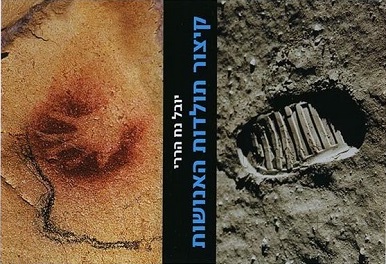Earlier I talked about the problems of misunderstanding. In this article I want to reveal the first, philosophical level.
Digital ruble

Recently, the Central Bank (CB) of the Russian Federation has carried out a number of changes in laws for the sake of legalizing the digital ruble (DR). Legally, the Central Bank will be the third form of money on a par with cash and non-cash rubles. The main question that many people ask is: what is its meaning if cash and non-cash do an excellent job?! Let's figure it out....
Problems of misunderstanding
Observing the behavior of people, I often notice problems arising from their banal misunderstanding of certain things. On the one hand, I want to help these people by explaining the error, but often this leads to the opposite effect. While in my head I have not formulated an algorithm by which it is possible to explain the main problem in a couple of minutes without rejection on his part.
Possibility vs. Probability
I often hear arguments about the possibility of some event: "Keep money in the bank? And if the bank goes bankrupt?", "Give money to an entrepreneur? and if he does not render services and goes abroad with your money." "The state will find a way to take away the last savings," etc.
The book "Sapiens: A Brief History of Mankind"

In the recent past, I read the book "Sapiens: A Brief History of Mankind" by Yuval Noah Harari, published in 2011. The book contains a brief history of mankind, justifying the title: from nomadism to modern society. In general, I liked the book and it contained several, as it seems to me, interesting theses that I would like to draw attention to.
Про идеологию

В быту мы привыкли говорить про идеологию, как о неких общих ценностях в обществе. Однако, идеология, по определению это представление об окружающем мире. Т.е. у каждого человека есть личная идеология.
Начало проекта "Код ученый"
Мне всегда нравилась идея свободной, доступной каждому информации. Казалось интернет должен этому способствовать.
О воспитании детей
Прочитал статью о воспитании детей.
Автора оригинальной статьи хорошо начал, но как-будто свернул в крайность, как по мне.
Плюсы и минусы больших социальных групп
В социологии существуют такие понятия как малые и большие социальные группы. Малая социальная группа это группа людей в которой каждый общается с каждым. Соответственно, группа людей, в которой нет общения всех со всеми называется большой социальной группой.
Проблема человеческого внимания
Все мы знаем, что человеческое внимание ограничено правилом 7+-2. Хотя речь идет про кратковременную память, но при осмыслении становится очевидно, что в период бодрствования человек способен воспринять и обработать ограниченное количество единиц информации. А количество информации воспринимаемом человеком обратно-пропорционально глубине ее осознания. Иными словами, чем больше информации мы потребляем, тем менее основательно ее обдумываем.
